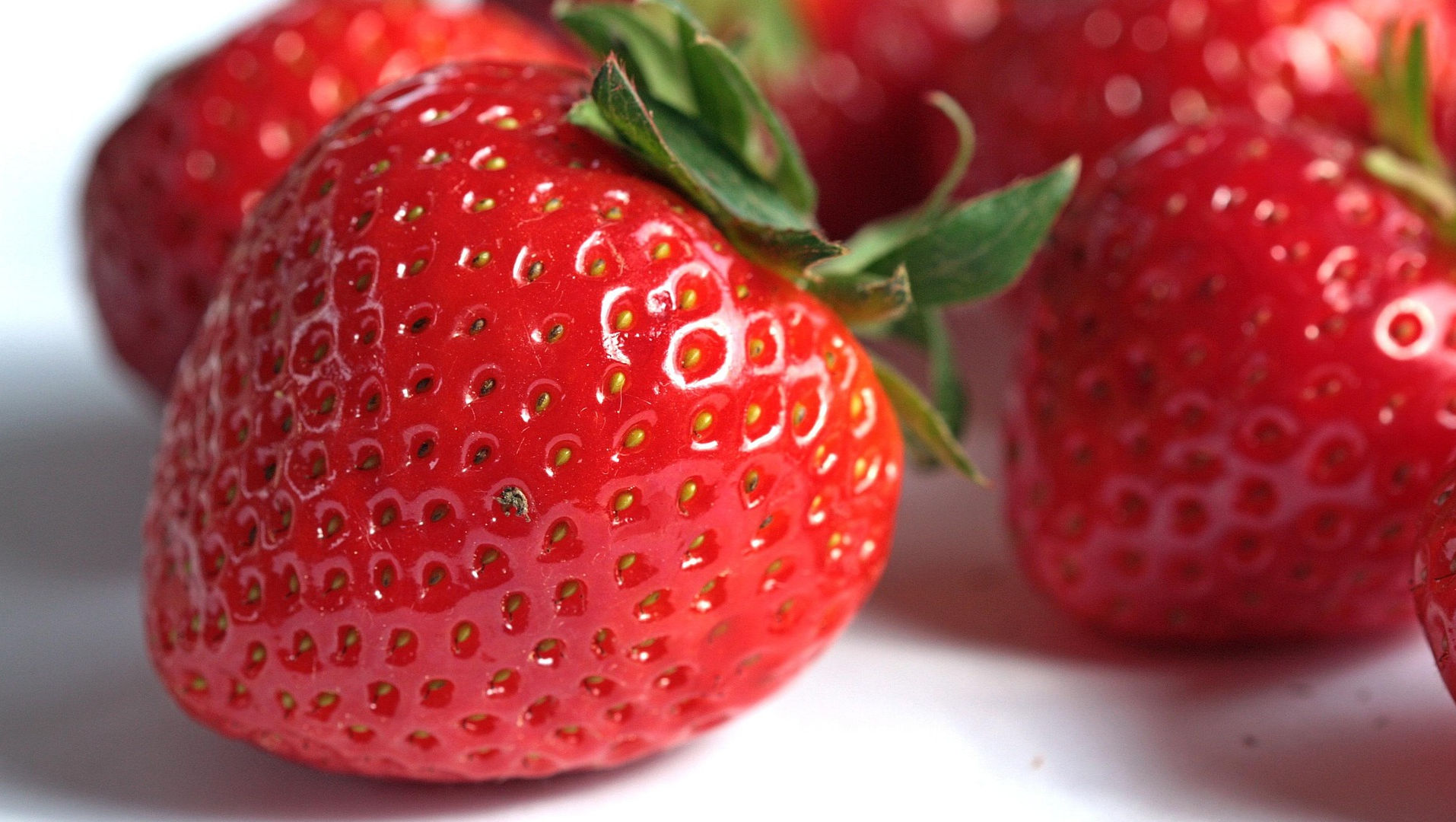Food Allergies
Food allergies can be a challenging and even frightening condition, especially for children. When the immune system mistakenly identifies a certain food as harmful, it triggers an allergic reaction. These reactions can range from mild symptoms like hives or stomach pain to severe reactions like anaphylaxis, a life-threatening condition that requires immediate medical attention.
Common food allergens include peanuts, tree nuts, milk, eggs, wheat, soy, fish, and shellfish. Symptoms can appear within minutes or hours of consuming the allergen and may include itching, hives, swelling, digestive discomfort, or difficulty breathing.
Knowing what you're allergic to is crucial. Since allergens can appear in hidden forms, reading food labels and asking questions when dining out is essential. If you suspect a food allergy, it's important to see an allergist for proper testing and diagnosis.
While medical treatment and avoidance of allergens are the most important strategies, some home remedies and lifestyle adjustments can help manage mild symptoms and support your body's overall health.
When to Avoid Home Remedies
If symptoms include swelling of the face or throat, difficulty breathing, dizziness, or anaphylaxis, do not attempt home remedies. Seek emergency medical care immediately and use an epinephrine auto-injector if prescribed.
First Aid Tip: If someone is experiencing a severe allergic reaction, call 911, lay the person flat, and elevate their legs if possible. Administer epinephrine and stay with them until help arrives.
Support for Children with Food Allergies
Teaching kids how to avoid allergens is key. Keep safe snacks on hand, alert caregivers and teachers, and consider bracelets or medical ID tags for safety.
When to See a Doctor
- You experience a new allergic reaction.
- Symptoms are getting worse or changing.
- You are unsure if your reaction is an allergy or intolerance.
- You've had a severe reaction in the past and don't have an emergency plan.
With the right care, monitoring, and preparation, people with food allergies can lead healthy and fulfilling lives. While home remedies and healthy habits can support your system, prevention, education, and medical care are essential.
Home Remedies for Food Allergies
Bananas
Unless bananas trigger an allergic reaction, they are gentle on the stomach and can help alleviate mild digestive symptoms associated with food sensitivities. They are rich in potassium and fiber, making them easy to digest.
Castor Oil
Anecdotally, some people use castor oil (1 teaspoon on an empty stomach) to calm the intestinal tract. However, it may cause laxative effects and is not appropriate for children or pregnant women. Use only under medical supervision.
Vitamin B5 and Vitamin C
Vitamin B5 (pantothenic acid) may help reduce allergic reactions by supporting adrenal function. Vitamin C is a natural antihistamine that can reduce inflammation and support the immune system. Consult with your healthcare provider to determine the appropriate dosage level.
Probiotics
A healthy gut can help moderate immune responses. Probiotic-rich foods like yogurt (if not allergic), kefir, sauerkraut, and fermented vegetables can support digestive balance and reduce inflammation. Supplements are also available for daily use.
Lime Water
Some suggest that lime juice with warm water can help flush toxins. While not a cure, it can be part of a general detox routine and support hydration. Avoid if citrus is a known allergen.
Vegetable Juices
Fresh juices made from carrot, beet, and cucumber may help reduce mild allergic symptoms by supporting liver function and detoxification. Ensure you're not allergic to any of the ingredients.
OTC Antihistamines
Over-the-counter options like diphenhydramine (Benadryl), loratadine (Claritin), or cetirizine (Zyrtec) can help relieve itching, swelling, and hives. Keep antihistamines on hand if you have known mild food allergies and ask your doctor which is best for you.
Hydration and Rest
Supporting your immune system means giving it time to heal. Drink plenty of water, get adequate sleep, and avoid stress when recovering from a mild reaction.
Allergy Action Plan
Work with your doctor to create an emergency action plan if you or your child has food allergies. This includes avoiding known allergens, having medications on hand, and knowing when to seek emergency help.
Read Food Labels Carefully
Hidden allergens are common in processed foods. Learn ingredient names that may disguise your allergen (e.g., casein for milk, albumin for eggs). Apps and allergy cards can also help when shopping or eating out.
OTC Digestive Enzymes
For those with food sensitivities (not true allergies), lactase supplements for lactose intolerance or enzyme blends may reduce discomfort. These should only be used with guidance from a healthcare professional and are not a solution for severe allergies.


